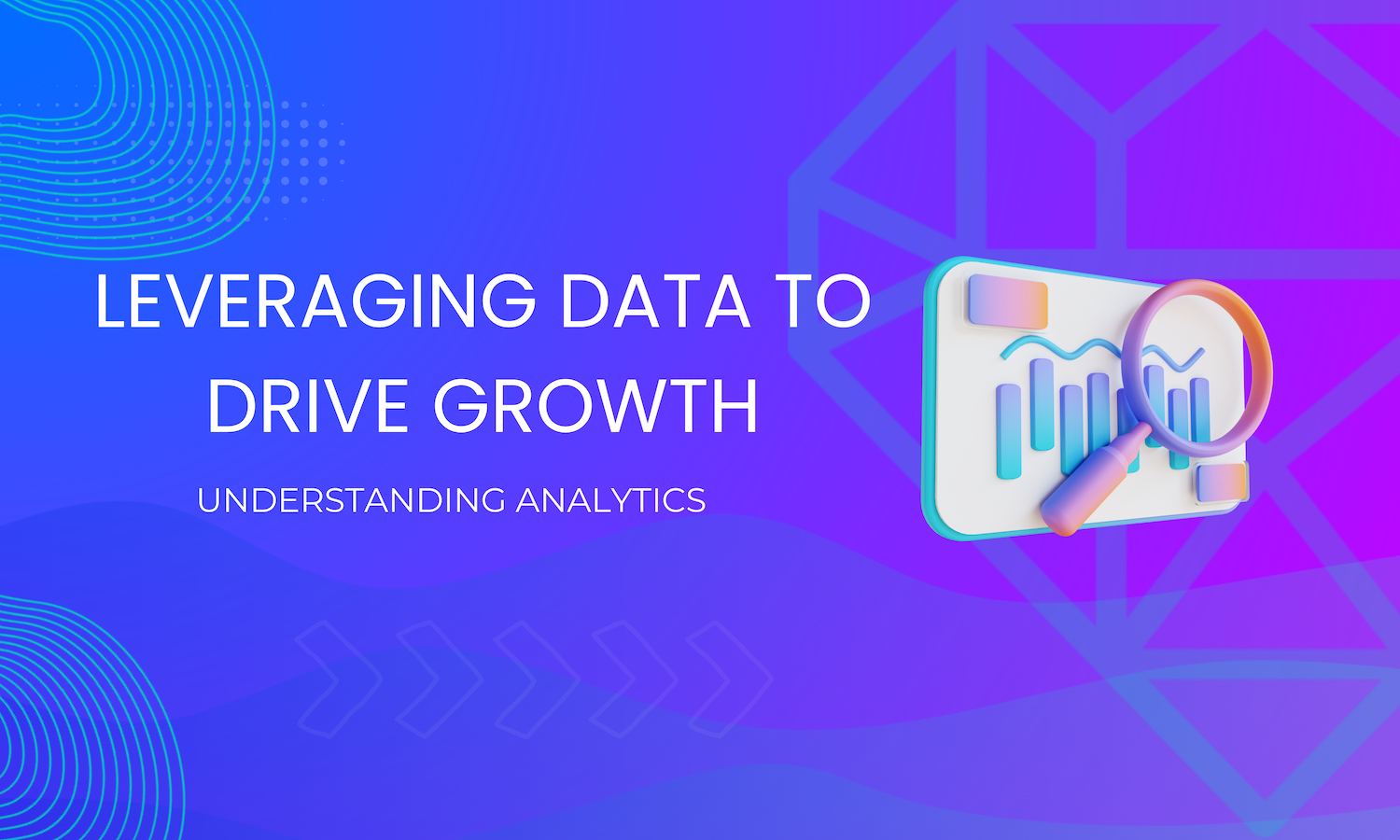
The Role of Data Analytics in Modern Business
Data analytics has become a cornerstone of modern business operations. By collecting, processing, and analysing data, companies can gain valuable insights that drive strategic decisions. These insights help businesses understand market trends, customer behaviours, and operational efficiencies.
In today's competitive landscape, leveraging data analytics is not just an advantage but a necessity. Companies that harness the power of data can optimise their marketing efforts, improve customer satisfaction, and streamline their supply chain operations. Ultimately, data analytics helps businesses stay ahead of the curve by making informed decisions that promote growth and profitability.
Key Data Metrics That Matter for Growth
Identifying the right data metrics is crucial for measuring and driving growth. Key performance indicators (KPIs) such as customer acquisition cost (CAC), customer lifetime value (CLV), and churn rate provide valuable insights into a company's performance.
Additionally, metrics like conversion rates, average order value, and net promoter score (NPS) help businesses gauge the effectiveness of their marketing strategies and customer satisfaction levels. By focusing on these critical data points, companies can make data-driven decisions that enhance growth and profitability.
Implementing Data Analytics
Implementing data analytics requires a strategic approach and the right set of tools. Start by defining clear objectives and identifying the data sources that will provide the necessary insights. It's essential to invest in robust data analytics tools and technologies such as business intelligence (BI) software, data visualisation tools, and machine learning algorithms.
Training your team to effectively use these tools is equally important. Encourage a data-driven culture within your organisation by promoting data literacy and ensuring that all team members understand the value of data analytics. By doing so, you'll be better equipped to turn data into actionable insights that drive growth.
Real-World Success Stories of Data-Driven Growth
Many companies have successfully leveraged data analytics to drive growth. For instance, Netflix uses data analytics to understand viewer preferences and recommend personalised content, significantly boosting user engagement and retention.
Another example is Amazon, which employs data analytics to optimise its supply chain, forecast demand, and personalise customer experiences. These case studies illustrate how businesses can harness the power of data to achieve remarkable growth and stay competitive in their respective industries.
Future Trends in Data Analytics and Growth Projections
The future of data analytics is promising, with emerging technologies like artificial intelligence (AI), machine learning (ML), and big data analytics leading the way. These advancements will enable businesses to process vast amounts of data more efficiently and derive deeper insights.
As data analytics continues to evolve, we can expect increased automation, more accurate predictive analytics, and enhanced decision-making capabilities. Companies that stay abreast of these trends and integrate them into their strategies will be well-positioned for sustained growth in the coming years.








